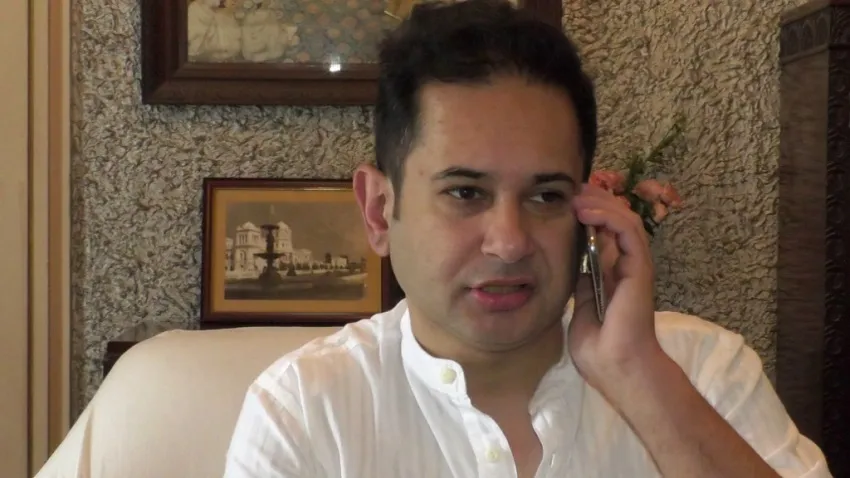The Tipra Motha party has issued directives to its workers to submit candidate lists by July 4th. This directive marks a crucial step in the party’s preparations to contest the upcoming polls and underscores its strategy to expand its political footprint in the state.
Tipra Motha, a relatively new political entity in Tripura, has emerged as a key player advocating for the rights and aspirations of indigenous communities in the state. Formed by the royal scion Pradyot Kishore Deb Barman, the party has positioned itself as a voice for tribal rights and autonomy within Tripura’s political landscape.
The directive to submit candidate lists by July 4th signals Tipra Motha’s proactive approach in gearing up for the Panchayat elections, which are pivotal in local governance and grassroots democracy. The party aims to field candidates across various constituencies, focusing on both rural and urban areas, to effectively challenge established political parties and present itself as a credible alternative.
Pradyot Kishore Deb Barman, the chairman of Tipra Motha, has been actively rallying support among tribal communities and marginalized groups in Tripura. He has emphasized the importance of empowering local governance structures to address the socio-economic challenges faced by rural communities. “Our goal is to ensure that grassroots leadership reflects the aspirations and priorities of the people they represent,” Deb Barman stated in a recent address to party workers.
The announcement has sparked enthusiasm among Tipra Motha supporters and workers, who see the upcoming elections as an opportunity to assert their political influence and advocate for their community’s interests. Many believe that Tipra Motha’s platform of inclusive development and cultural preservation resonates strongly with voters disillusioned by traditional political parties.
However, the road to the Panchayat elections is not without challenges. Tripura has historically been dominated by the Bharatiya Janata Party (BJP) and its allies, who have a strong presence in both rural and urban constituencies. The incumbent government, led by Chief Minister Biplab Kumar Deb, has implemented various development schemes and initiatives aimed at improving infrastructure, healthcare, and education across the state.
Political observers note that Tipra Motha’s entry into the electoral fray could potentially reshape Tripura’s political dynamics, particularly by mobilizing tribal votes and challenging the BJP’s stronghold in certain regions. The party’s focus on tribal rights and autonomy resonates deeply in Tripura, where indigenous communities comprise a significant portion of the population and have long-standing grievances over land rights and socio-economic disparities.
In response to Tipra Motha’s directive, other political parties in Tripura are also intensifying their preparations for the Panchayat elections. The BJP, which has been in power since 2018, is expected to field candidates across all levels of local governance to consolidate its position and retain control over key decision-making bodies.
Meanwhile, opposition parties such as the Indian National Congress and the Communist Party of India (Marxist) are strategizing to regain ground lost in previous elections. They are focusing on leveraging local issues, public dissatisfaction with certain policies, and mobilizing support among various communities to mount a competitive challenge against the ruling BJP and its allies.
The Tripura Panchayat elections are significant not only for determining local leadership but also for setting the stage for broader political realignments in the state. As parties gear up for campaigning and candidate nominations, the electoral landscape is expected to witness intense political maneuvering, debates on governance priorities, and appeals to voters’ aspirations for development and representation.
In addition, Tipra Motha’s directive to submit candidate lists by July 4th marks a crucial juncture in Tripura’s political landscape as parties gear up for the upcoming Panchayat elections. The party’s proactive stance underscores its determination to challenge established political dynamics and advocate for the rights and aspirations of indigenous communities. As the electoral process unfolds, all eyes will be on how Tipra Motha and other parties navigate the complexities of local politics to secure electoral success and influence in Tripura’s governance.

